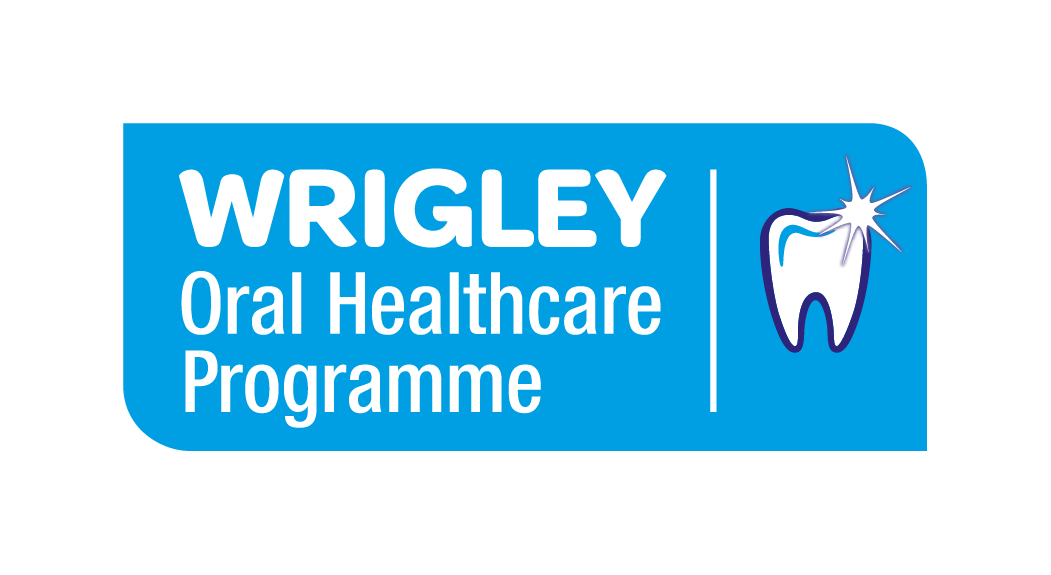
If the last 18 months has taught us anything, it’s that looking after our health and wellbeing is paramount. All aspects of our health have been put under the spotlight – from our physical health to our mental health, and even our oral health.
Health services across the country have faced countless challenges as the Covid-19 pandemic has compelled them to adopt new ways of working. This is no different for the dental industry, where dentists have had to quickly adapt to ensure that patients are able to access care.
Dental professionals undertook a herculean effort to manage the impact of the pandemic on their patients and did what they could to mitigate the impact of the pandemic on patients’ access to care. However, data from the British Dental Association (BDA) has revealed that a staggering 35 million NHS dental appointments have been ‘lost’ in England since March 2020, because of the time needed to clean and ventilate rooms in between appointments – highlighting just one of the ways the pandemic has had an overwhelming impact on dentistry.
This is supported by data from a survey of 18–30 year-olds by the Wrigley Oral Healthcare Programme in 2020, which revealed that 64 per cent of respondents agreed their access to dental services has been negatively impacted by the Covid-19 pandemic. 40 per cent of respondents said the same thing about their oral health.
In 2018, the NHS spent £3.6bn on dental care in England, with a similar cost expected for the private sector too. The cost of tooth extractions alone was £50.5m for children aged 0 to 19 years in England, the majority of which were for tooth decay. There are also unexpected consequences, with oral health problems estimated to cost the UK economy £105m in sick days. The economic impact of poor oral health is significant, however the potential for accessible oral health interventions to alleviate this shouldn’t be underestimated.
While regular access to dental care and treatment is vital for maintaining your oral health, there are also important steps you can take to protect your teeth and gums. Brushing your teeth twice a day is crucial, as is using additional oral health tools like flossing. There are also accessible interventions like chewing sugarfree gum, which can play an important part in helping to prevent cavities and protect your teeth.
A 2019 systematic review by King’s College London (KCL) demonstrated this, revealing that chewing sugarfree gum reduced cavities by 28 per cent. These results highlight the significant role that sugarfree gum plays in improving oral health, whilst also being able to deliver a significant cost savings on dental care.
Economic research published in the British Dental Journal (BDJ) found that the NHS could save £1.2 to £3.3m if all UK 12-year-olds chewed sugarfree gum twice a day, rising to a saving of £8.2 million on dental treatments per year if the same age group chewed sugarfree gum three times a day. If sugarfree gum was included in a regime for preventative oral care for the broader population, savings could clearly exceed this.
With the impact of the Covid-19 pandemic meaning health services need to place a greater emphasis upon preventive measures alongside an increasing need to deliver cost savings, it has never been more important to feel empowered to look after your oral health with preventative measures.
For more information, please visit: https://www.wrigleyoralhealthcare.co.uk/



